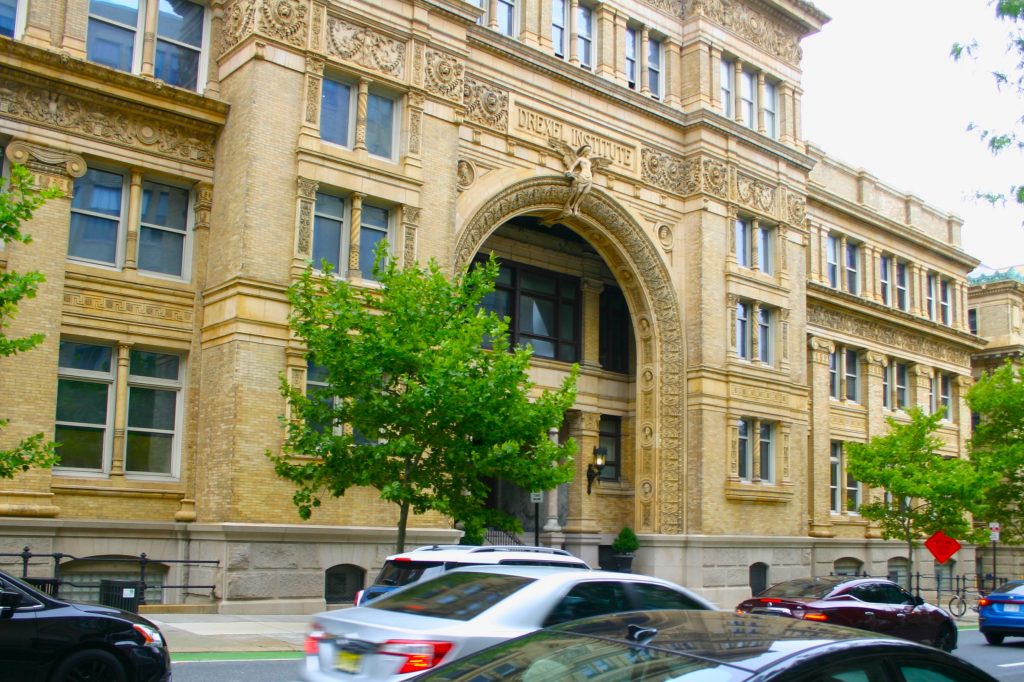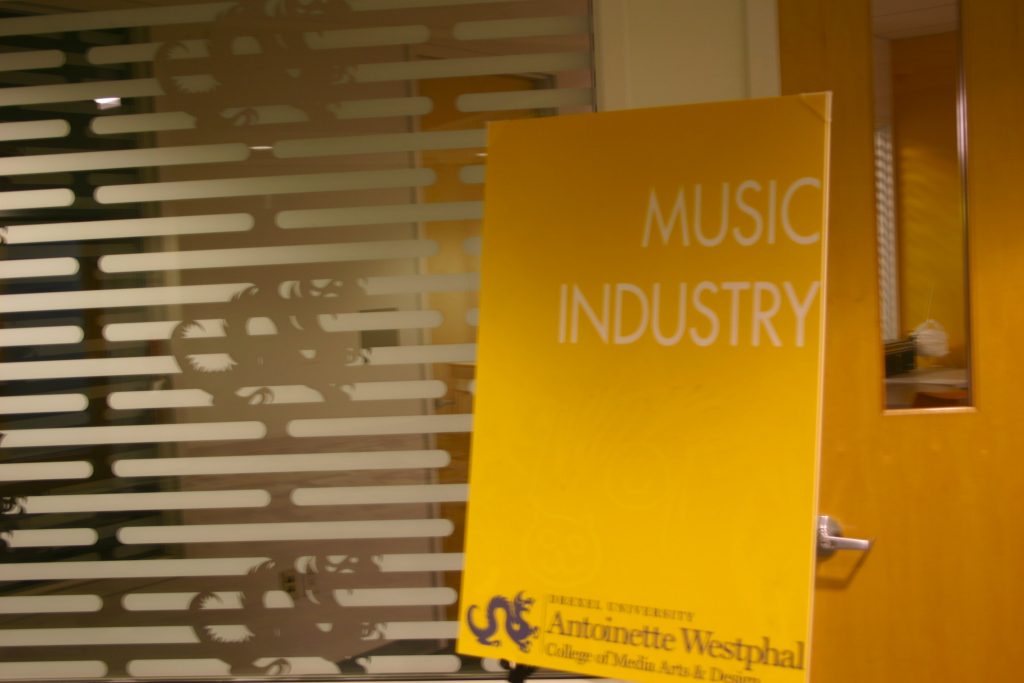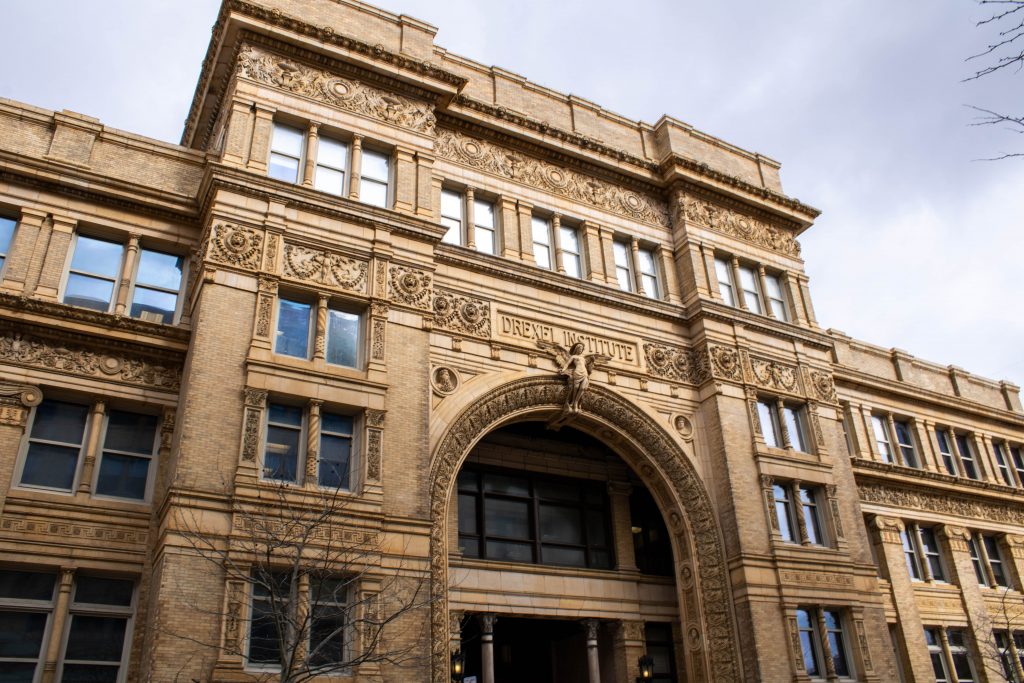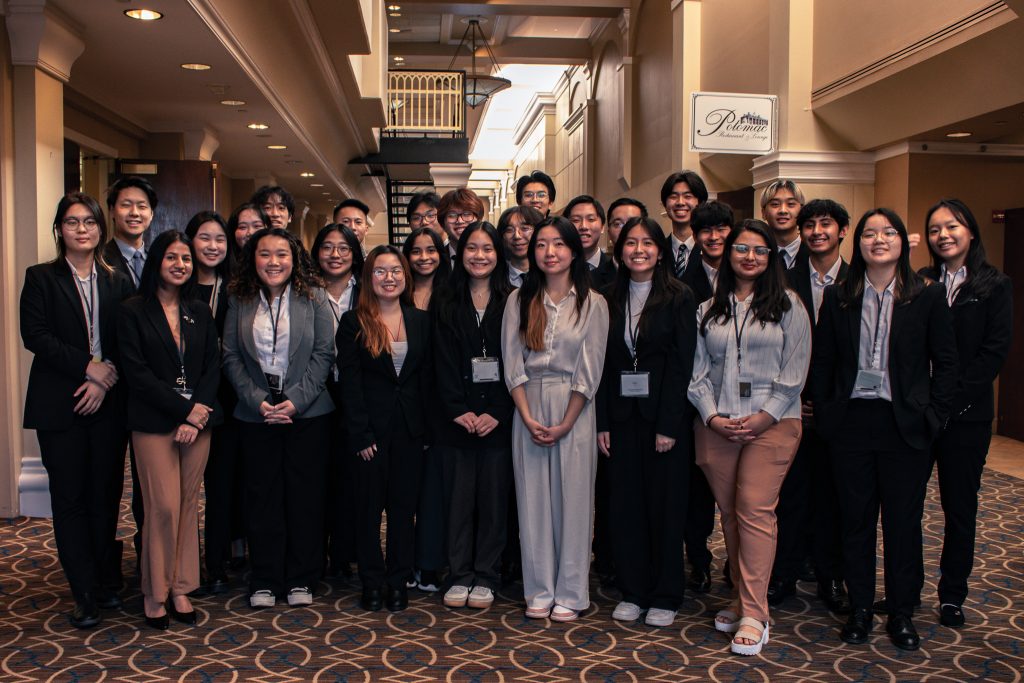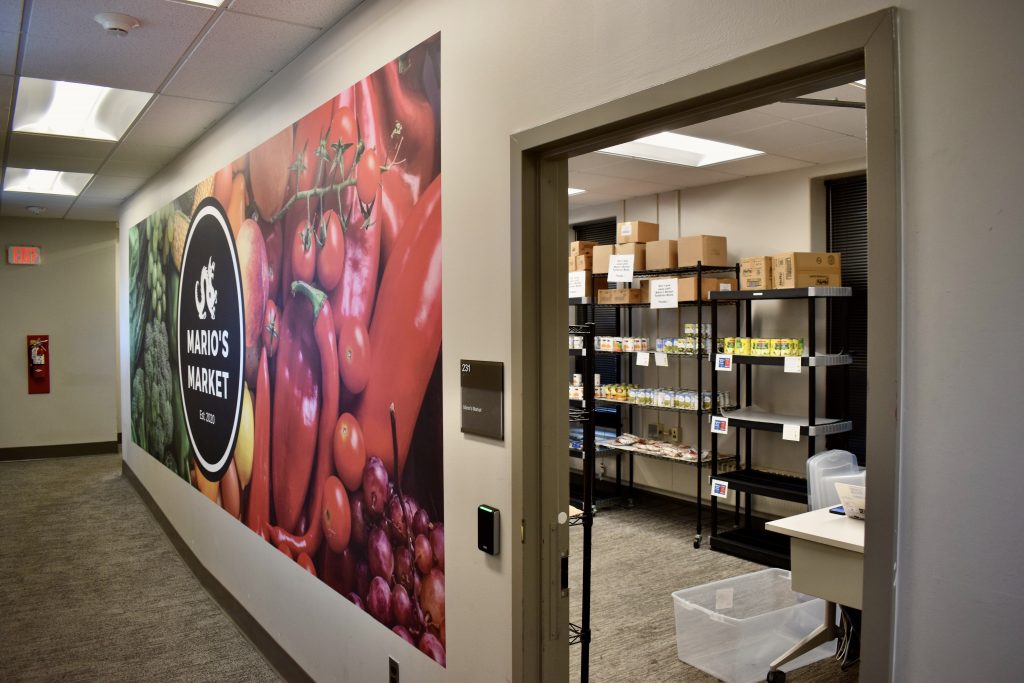
Kevin Montgomery, the Executive Director of College Operations and Adjunct Professor at Drexel University’s LeBow College of Business, was arrested after an altercation at the SEPTA concourse at 1500 Market Street on Tuesday, Oct. 15 around 8:20 p.m.
According to court records, Montgomery has been charged on four counts — one count of public drunkenness, and three counts of disorderly conduct, including: unreasonable noise; obscene language/gestures; and creating hazardous or physically offensive conditions.
The Philadelphia Police Department provided a statement to the Triangle, stating Montgomery was involved in a verbal disturbance with another individual at the City Hall SEPTA subway station. Once PPD arrived, Montgomery directed his aggression towards the officers and pushed one of them in an attempt to walk away, which led to his arrest.
According to a post by Reddit user Moist_Series970, before the police arrived, two victims were reportedly physically assaulted by Montgomery with a thorny bouquet. Montgomery also allegedly spewed slurs at both victims, one of which who graduated from Drexel this past June.
“I witnessed a horrifying scene: Montgomery attacking a young Black man in front of the turnstiles. In hopes of entry as well as to diffuse the situation, I told the young [man] to step away and leave the situation,” the anonymous Drexel alumni who was a victim of the event said in a statement sent to the Triangle.
The university alum with an economics degree continued, “Every single phrase he uttered was laced with racist rhetoric. As the young man attempted to flee, in an instant, Montgomery turned his rage on me…he hit me in the face and head with a thorny bouquet of flowers…He called me the n-word and continued to assault me, both physically and verbally. It wasn’t until I screamed for help that he attempted to flee and evade me.”
The victim, who was previously a Resident Assistant at Drexel, mentioned in their statement that they followed Montgomery up the stairs of the station and were met with a group of PPD officers.
“I explained what had happened, and two officers went down into the station to review the footage. They returned to confirm my story and approached Montgomery, who continued his vile behavior – insulting the officers and even claiming they should ‘focus on the n-words’ since he ‘pays for their salaries.’ He shoved and slapped one of them, leading to his arrest,” the victim stated.
“We are aware of a statement about racial slurs being used during the disturbance which did not occur in the presence of the officers. However, this aspect is being taken seriously and is currently a part of the ongoing investigation with the Central Detective Division,” PPD stated.
The alum was contacted shortly after the incident by PPD, where they revealed Montgomery’s identity.
“My heart literally sank to my feet. In my time at Drexel, I have profoundly poured my energy and dedication into the community, only to find that someone in such a position could harbor so much hate,” the victim shared.
They continued, “To discover that racism [sits] atop the ladder at an institution I so proudly represented and served is devastating. I wept, not just for myself, but for every person of color who has ever walked Drexel’s campus, trusting in the promise of a safe and inclusive environment.”
“Drexel University is aware of the allegations against Kevin Montgomery, an employee in the LeBow College of Business, related to an incident that occurred off campus. Drexel does not comment on personnel matters, however the university takes these allegations very seriously. Reports of this nature are reviewed in accordance with Drexel policies. Violation of these policies may result in disciplinary action, up to and including termination,” Drexel University said in a statement to the Triangle.
Their statement continued, “The University is committed to maintaining a safe, inclusive and welcoming environment for all community members, and does not tolerate bias, discrimination or harassment in any form. Any actions or behavior that is reported on or off-campus that is inconsistent with these expectations and that may contribute to creating a hostile environment will be sanctioned accordingly.”
In an official statement made by the Drexel NAACP Chapter’s and Black Student Union on this incident, it states, “Drexel University’s Black Student Union and NAACP Chapter condemn any actions causing physical or emotional harm, especially those rooted in discrimination, racism, and bigotry. We assert that all members of the university community should be able to express themselves freely and autonomously in a safe and inclusive environment.”
The statement also indicates that the Drexel organizations are currently in communication with Drexel’s Office for Institutional Equity & Inclusive Culture and the Office of Provost.
According to his university biography, Montgomery has “over fifteen years work experience in higher education, [and] extensive knowledge of overall college operations from student intake to course delivery and program development. He also is the information officer for the college and acts as the primary contact for all report generation and oversees accreditation reporting.”
The victim is pressing charges against Montgomery and stated, “I refuse to be silent. I have already begun the process of seeking justice…This racism must end, and I won’t stop fighting until it does.”

